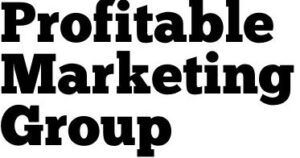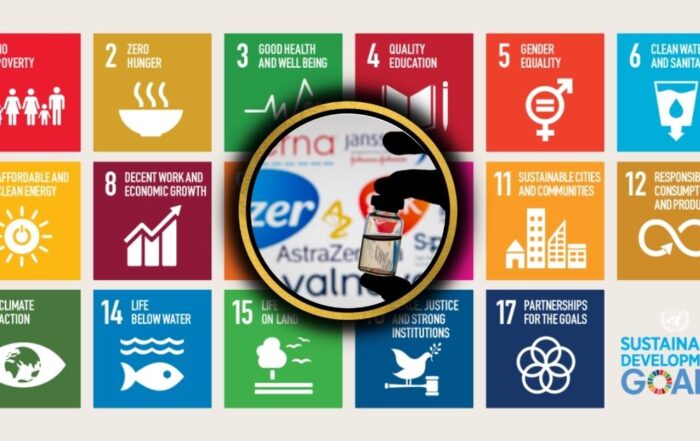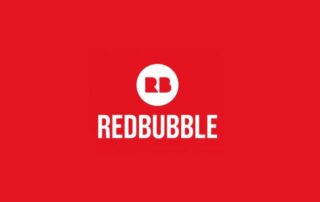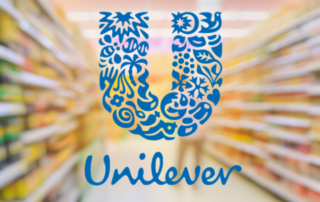8 Common Buyer Motives to Consider for Your Business
Keshan Warakaulle As a sales or marketing manager, it’s essential to know what your buyers want so you can tailor an effective sales strategy to their preferences and biases and not lose a deal. However, customers’ decisions to purchase are driven by a wide range of emotions and practical considerations. So, how do you know your customer’s buying motives? In this article, we’ll explain what buyer motives are, define different categories of buying motives, and list eight standard buyer motives to consider when developing your sales and marketing strategy. Here’s a rundown of what we’ll cover: What [...]
Seven Marketing Questions Teams are Asking
Keshan Warakaulle Today, marketers have a lot on their minds. With the rapid adoption of AI, significant changes in the search landscape, and an uncertain economy ahead, knowing how to lead your team to success seems daunting. When I’m in these situations, I take a deep breath and go for a walk to clear my head. Once I have a steady mind, I start by asking myself questions that can help guide my marketing efforts. Knowing the customer, assessing user preferences, and knowing what to measure drive our field. The right marketing questions can help you find these essential answers. [...]
The Social Purpose: New Holy-Grail of the Marketing – Finance Interface
Prof. Janek Ratnatunga Introduction Consumers increasingly expect brands to have not just functional benefits but also a social purpose. Brands increasingly use a social purpose to guide marketing communications, inform product innovation, and steer investments toward social cause programs. Here in Australia, “Who Gives A Crap”, an online toilet paper manufacturer and marketer, donates half its profits to charities. With a slogan ‘Profits for Purpose’, the company finances projects that build toilets in schools in lower-income countries. Often a lack of proper toilets means a lack of schooling, especially for girls. WGAC’s charity donations in 2021 were the highest in [...]
Gen Z – The Anxious Generation?
Keshan Warakaulle The familiar pattern of older generations fretting about the young is as old as history. In 1935, Harper’s magazine released a depressing piece saying saying that young Americans were “rotting before our eyes, ” with increased incidents of criminality, apathy, and disillusionment. The authors attributed this catastrophe to widespread unemployment. In the 1950s older Americans fretted about the sexy hip-swivelling of a young Elvis Presley, and how he was “corrupting white youth by peddling black-man’s music to them”. In the 1960s the musical revolution that Elvis started went global, and the bad influence of the Beatles and the hippies with their marijuana and [...]
Advertising’s Unholy Trinity: ‘Clean’, ‘Green’ and ‘Sustainable’
Keshan Warakaulle How much are you influenced by environmentally friendly claims in your purchasing decisions? Marketers are aware that consumers are increasingly taking the product’s environmental impact into account when making decisions. However, how precisely eco-friendly are the products you are purchasing? And to what extent are the lofty “green” claims made by marketers in online advertisements true? A product may be described in the advertisements as “sustainable,” “green,” or “environmentally friendly.” Alternatively, they may include emojis like or Maybe the beautifully earthy “green” colour scheme that dominates the advertisement gives off “environmental” ideas. However, what does a phrase like “sustainable” [...]
The Social CRM: Taming the Wild Child of Big Data and Customer Relationship Management
Prof Janek Ratnatunga In conventional business practice, data was collected as a recording activity with no formal recognition that this data was an important intangible asset. Transaction recording systems only collected and analysed data for specific purposes; e.g. retailers recorded sales for accounting, the number of visits in the advertising banners for calculating advertisement revenue and so on. However, an organisation and its people collect and create vast quantities of ad-hoc data every day. An organisation learns something new and potentially valuable each time an employee picks up the phone and talks to a customer or supplier; a [...]


























